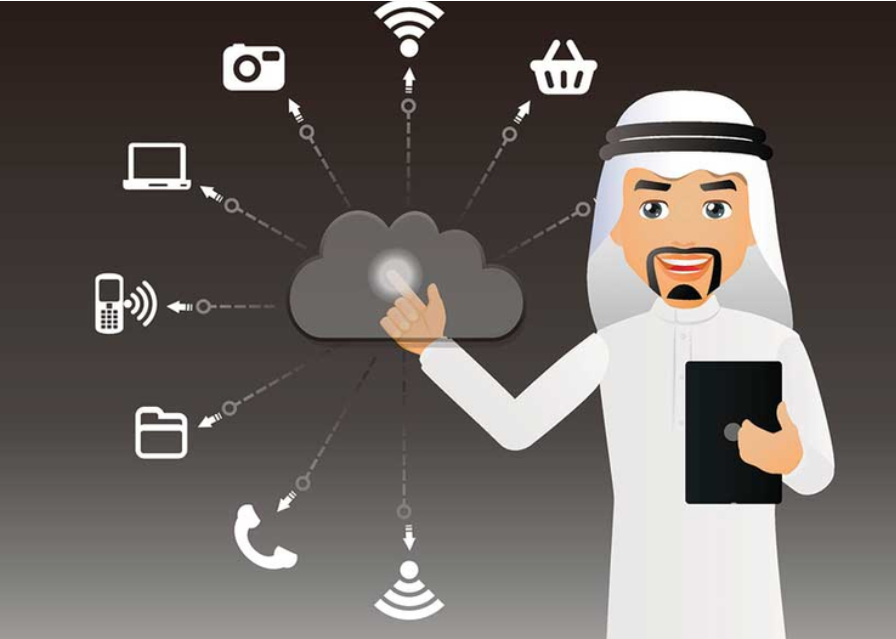The Digital Era

The Digital Era , also known as the Information Age or the Digital Age, refers to the period in human history characterized by the widespread adoption and integration of digital technologies into various aspects of society, including communication, business, education, entertainment, and everyday life. The digital era has huge social and economic implications. It can transform the way we communicate, conduct business, and interact with the environment. It has the potential to create jobs, improve the lives of vulnerable populations, and shape a more inclusive, resilient, and sustainable world. However, digital progress has been uneven, with one-third of the global population remaining offline. The digital era is the present time when digital technologies like computers, the internet, mobile phones, and cloud computing are widely used and adopted, changing many parts of society, business, and culture. This change has been a long time coming and while the industrial revolution helped start this transformation, it is only now in the information age that individuals are really able to embrace these changes. In this new digital age, access to knowledge is greatly improved. Data that was previously only accessible to scientists and government officials are now freely accessible to all. The digital era has the potential to create jobs, improve the lives of vulnerable populations, and shape a more inclusive, resilient, and sustainable world. However, digital progress has been uneven, with one-third of the global population remaining offline, and less than half of businesses in many developing countries having a basic internet connection.
Connectivity and Internet

The digital era is marked by the global proliferation of the internet, which has connected people and devices worldwide. The internet has become an essential infrastructure, enabling instant communication, access to information, and online services. Internet connectivity is an important consideration in most networks today. The first consideration when planning Internet connectivity is whether to use a routed connection or a translated connection to the Internet. A routed connection places all machines in the network on the Internet, and each requires an IP address.
Communication Revolution:

Digital technologies have revolutionized communication, Email, instant messaging, social media platforms, and video conferencing have transformed the way individuals and organizations interact, fostering real-time and global communication.The world is under the grip of a’communication revolution’ is seen in many ways. This revolution is considered as the ‘third wave’ of global revolution. The ‘first wave’ of revolution is the ‘green revolution’ while the ‘second wave’ of revolution is that of the ‘industrial revolution’. The two revolutions (agricultural, industrial) have made a revolutionary change in the development of humankind.
Mobile and Smart Devices:

The advent of smartphones, tablets, and wearable devices has brought computing power and internet access into the hands of individual on the go. These devices have become indispensable tools for communication, productivity, entertainment, and accessing online services. Smart devices are electronic gadgets that are connected to the internet or other networks and can do more than their basic functions. They can collect, process, and transmit data, and are designed to make everyday tasks easier and more convenient.
Data Explosion:

The digital era has witnessed an unprecedented explosion of data. Massive amounts of information are generated, collected, and stored in various digital formats. This data fuels insights, analytics, and machine learning, shaping decision-making processes across industries. Data explosion can create challenges, such as dealing with unstructured data that can’t be stored in traditional databases or spreadsheets. Special tools may need to be developed to extract useful information.
Digital Transformation:

Organizations have undergone digital transformation, integrating digital technologies into their operations, processes, and customer interactions. This includes the adoption of cloud computing, automation, big data analytics, and internet of things (IOT) devices to enhance efficiency, productivity and customer experiences.
E-commerce and Online services:

The digital era has fueled the growth of e-commerce, enabling online shopping, digital payments, and global marketplace. Online services such as streaming platforms, on-demand entertainment, and digital content distribution have reshaped the entertainment industry.
Information Access and Sharing:

The digital era has democratized access to information. with search engines, online database, and digital libraries, individual have easy access to vast amounts of knowledge. social media platforms and online communities have facilitated the sharing of ideas, opinions, and experiences on a global scale.
Disruption of traditional industries:

The digital era has disrupted traditional industries, leading to new business models and the emergence of digital-native companies. sectors like media, publishing, music, retail, transportation and hospitality have undergone significant transformation due to digital innovation.
Share this content:

Post Comment